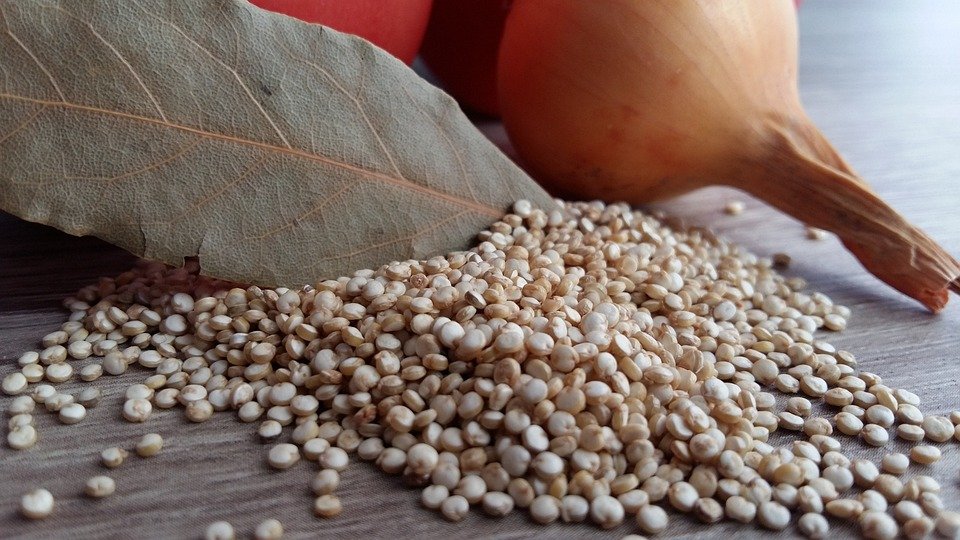The Key Components of a Healthy Diet: A Comprehensive Guide
Maintaining a healthy diet is crucial for overall well-being and longevity. A well-balanced and nutritious diet not only provides the necessary energy for our daily activities but also supports our immune system, prevents chronic diseases, and ensures optimal growth and development. In this comprehensive guide, we will explore the key components of a healthy diet, providing you with the knowledge and tools to make informed choices about your nutrition.
1. Macronutrients: The Foundation of a Healthy Diet
Macronutrients are the building blocks of our diet and are required in large quantities to provide energy and support bodily functions. There are three main macronutrients: carbohydrates, proteins, and fats.
a) Carbohydrates: Carbohydrates are the primary source of energy for the body. They can be found in foods such as fruits, vegetables, whole grains, and legumes. Opt for complex carbohydrates, such as whole wheat bread and brown rice, as they provide sustained energy and essential nutrients.
b) Proteins: Proteins are essential for growth, repair, and maintenance of body tissues. They are found in foods like meat, fish, eggs, dairy products, legumes, and nuts. Aim for a variety of protein sources to ensure you receive all the essential amino acids.
c) Fats: Healthy fats are necessary for energy, absorption of certain vitamins, and brain function. Include sources like avocados, nuts, seeds, and olive oil in your diet. Limit saturated and trans fats found in processed foods and fatty meats, as they can increase the risk of heart disease.
2. Micronutrients: The Nutritional Powerhouses
Micronutrients are essential vitamins and minerals required in smaller quantities for proper bodily function. They play a crucial role in maintaining a healthy immune system, bone health, and energy production. Some important micronutrients include:
a) Vitamins: Vitamins are organic compounds that support various bodily functions. Include a variety of fruits, vegetables, and whole grains in your diet to obtain a range of vitamins such as vitamin C, vitamin A, and the B-vitamins.
b) Minerals: Minerals, such as calcium, iron, and zinc, are essential for strong bones, oxygen transport, and immune function. Sources of minerals include dairy products, leafy greens, nuts, and seafood.
3. Hydration: Quenching Your Body’s Thirst
Staying hydrated is crucial for overall health and well-being. Water is involved in numerous bodily functions, including digestion, nutrient absorption, and temperature regulation. Aim to drink at least eight glasses of water per day, and increase your intake during physical activity or in hot weather. Avoid sugary drinks and excessive caffeine, as they can dehydrate the body.
4. Fiber: The Digestive Superhero
Dietary fiber is an important component of a healthy diet as it aids in digestion, prevents constipation, and lowers the risk of chronic diseases like heart disease and diabetes. Include plenty of fruits, vegetables, whole grains, and legumes in your diet to increase your fiber intake.
FAQs
Q: How many servings of fruits and vegetables should I consume daily?
A: The recommended daily intake is about 5-9 servings of fruits and vegetables. This can vary depending on your age, sex, and activity level.
Q: Is it necessary to eliminate all fats from my diet for weight loss?
A: No, not all fats are bad for you. Healthy fats, such as those found in avocados and nuts, are essential for overall health. Moderation and choosing healthier fat sources are key.
Q: Can I meet all my nutritional needs through diet alone?
A: While a well-balanced diet can provide most nutrients, certain individuals may require supplements. Consult with a healthcare professional to determine if supplements are necessary for you.
In conclusion, a healthy diet is a combination of macronutrients, micronutrients, hydration, and fiber. By incorporating these key components into your daily eating habits, you can enhance your overall health, prevent chronic diseases, and enjoy a vibrant and energetic life. Remember, small changes can make a big difference, so start making healthier choices today!


